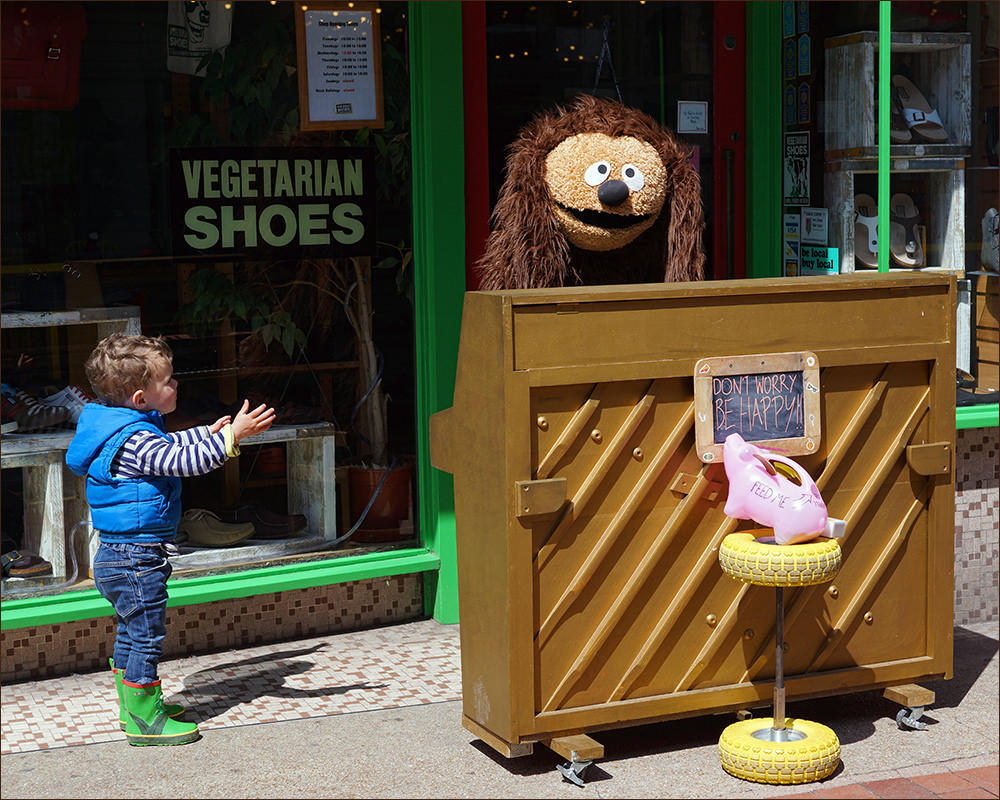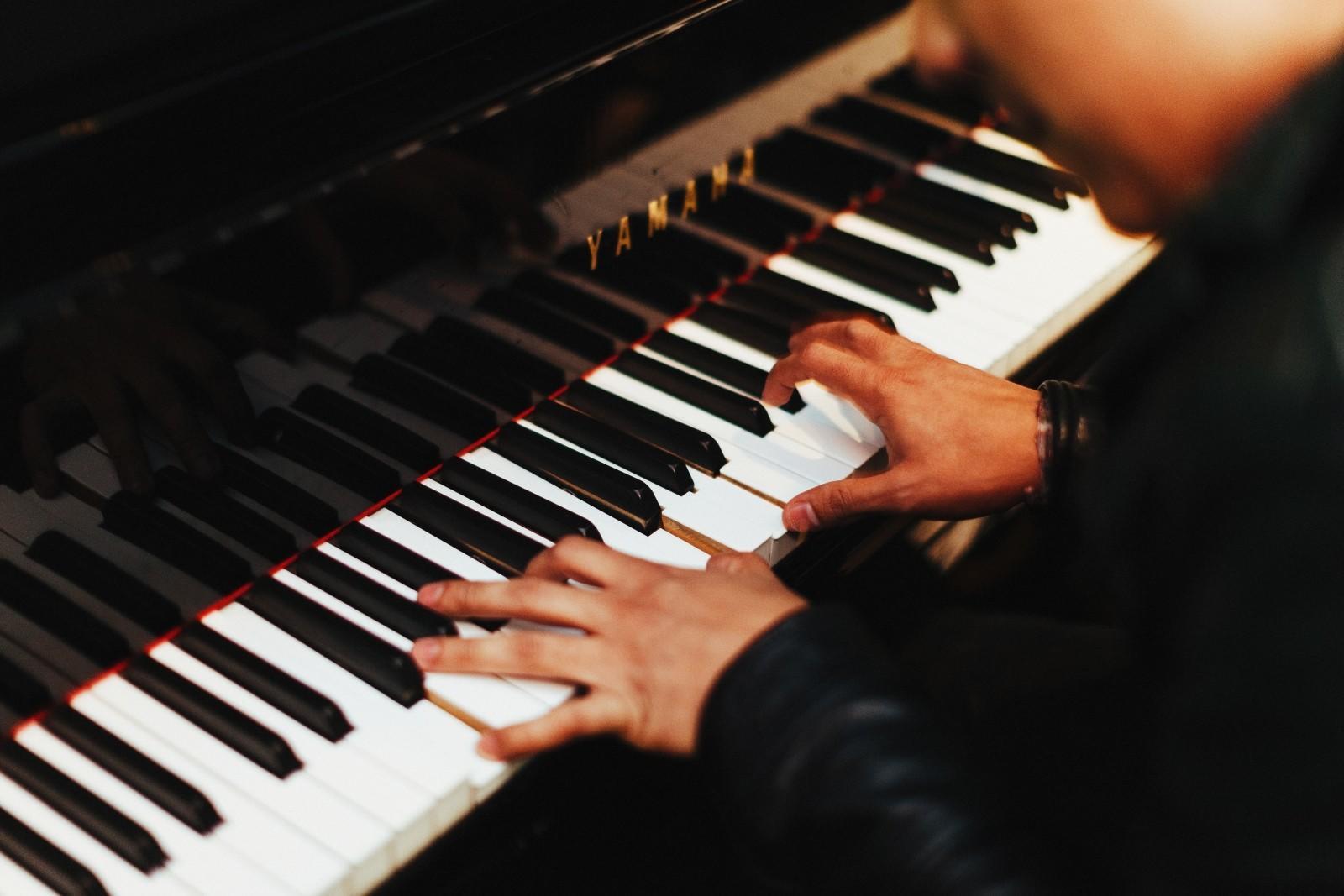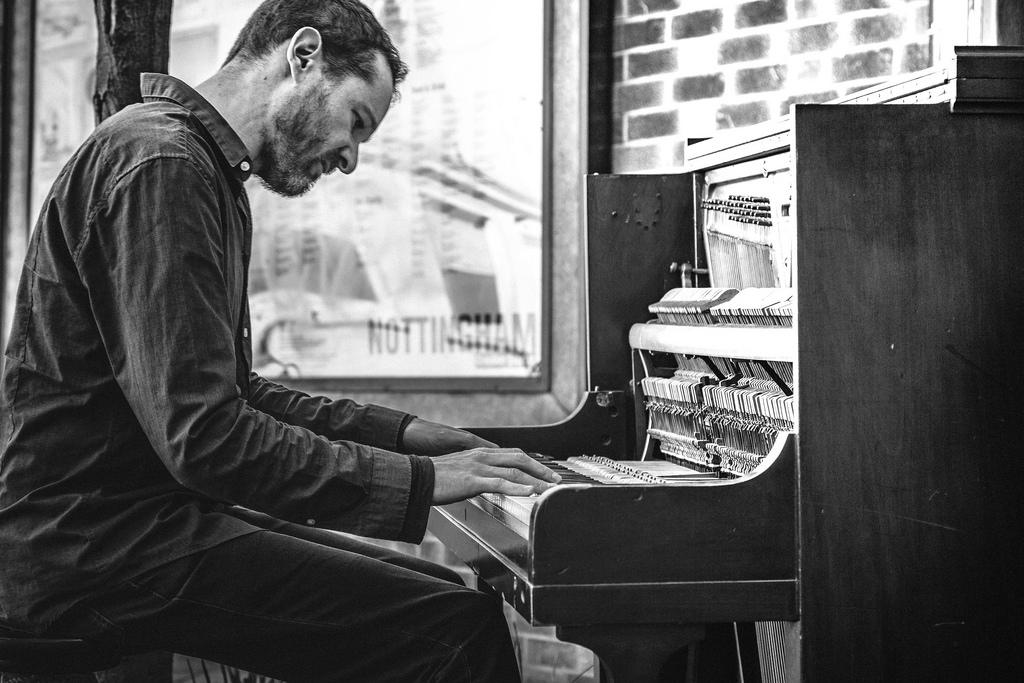Although it may seem obvious, we think it’s worth stressing that: there is no ideal age for learning to play the piano! Some very gifted pianists began to play as adults, even in their retirement!
Others learned to play the piano as children. We’ll let you in on a little secret: whether you begin the piano at 5 or 50 years of age, the key to success is motivation.

Best Way To Know If Your Child Is Ready To Learn The Piano
When determining if your child is ready to learn the piano, there are several factors to consider. Here are some guidelines to help you assess their readiness:
- Age and Physical Development: Generally, children around the age of 6 or 7 have developed the physical coordination and finger strength necessary to begin learning the piano. However, some children may be ready at an earlier age, while others might need to wait a bit longer. Assess your child's fine motor skills and hand-eye coordination to gauge their readiness.
- Interest and Enthusiasm: A child who displays an interest in music, specifically the piano, is more likely to be motivated and enjoy the learning process. Look for signs of curiosity, such as showing an interest in pianos, keyboard instruments, or music in general. If they express a desire to learn and consistently show enthusiasm, it can be a good indication that they are ready.
- Attention Span and Focus: Learning the piano requires concentration and the ability to focus for extended periods. Assess your child's attention span by observing how well they engage in activities that demand sustained attention. If they can sit and focus on tasks for a reasonable amount of time, it suggests they might be ready to start piano lessons.
- Basic Reading and Numeracy Skills: Piano lessons involve reading musical notes, understanding rhythm, and counting beats. Ensure that your child has a basic grasp of numbers and letters, as well as the ability to recognize patterns and follow simple instructions. These foundational skills will support their learning of music notation.
- Coordination and Discipline: Playing the piano requires coordinated movements of both hands simultaneously. Assess your child's ability to perform tasks that involve bilateral coordination. Additionally, learning any musical instrument requires discipline and regular practice. Consider if your child demonstrates the willingness and discipline to engage in regular practice sessions.
- Supportive Environment: Evaluate your home environment to ensure it can accommodate a piano or keyboard and provide a space for regular practice. Having a quiet and distraction-free area for your child to practice will enhance their learning experience.
Remember, these guidelines are not definitive, and every child is unique. It's essential to consider your child's individual characteristics, personality, and interests when determining their readiness to learn the piano.
Join the discussion: how is a child's development impacted by piano lessons?

But, contrary to what we think about learning, fun can be a useful tool! The child will acquire a musical ear and sensibility, and forge a relationship with the piano. Strict pianistic progress will be slow at the beginning. (i.e. Don’t expect a tiny Mozart at first!)
But that’s beside the point.
One piece of advice for motivating your child at a young age to play the piano: present piano training as a reward. (i.e. “If you are good, you can play the piano!”) The child must value the piano, with the help of parents. He or she should feel lucky to be able to learn to play the piano.
Here are some other handy pieces of advice to help motivate your child to become a piano player:
- Encourage and congratulate them regularly on their progress, even if it doesn’t seem very big!
- Choose a private piano teacher who is patient, who has a sense of humor and who can adapt his teaching to the age of your child. The more fun the piano lesson, the more the child will ignore the more laborious aspects of piano training.
- Choose a method adapted to very young children, that is, one that’s easy, fun, colorful, with drawings, stories, and musical games, etc. You can even choose the method with your children, by taking them to a music store.
If all of this seems like too much of a chore, remind yourself that learning the piano is great for children! And who knows: one day you might be able to see your child, a famous pianist, perform at Carnegie Hall!
Discover different piano classes near me on Superprof.
Playing piano for adolescents
As we discussed earlier, there is no ideal age for playing the piano. While it’s possible to begin very young, from the age of 3, you can also learn how to play piano as an adolescent (between 12 and 18 years of age). In terms of piano technique, we learn quicker as adolescents when compared to little kids. At this stage, the muscle tone of the fingers is already well formed and intellectual capacities are more developed.
Find out what to do if your child asks for piano classes, it is important to support and encourage your kid to learn musical instruments as they can help in cognitive and mental well-being.

It’s very important to find the right teacher for an adolescent who wants (or is forced by parents!) to learn the piano. Certain adolescents have taken to hating the piano because of a bad instructor (or simply one who isn’t the right fit). On the contrary, good connections between an adolescent and a piano teacher will sweeten the taste of learning for the student. The personal relationship forged between teacher and pupil will be a determining factor in the student’s progress.
A good piano instructor, for an adolescent, is one who is capable of adapting a teaching method to the music tastes of each student. Teenagers might have a negative vision of the piano, which is often considered a nerdy instrument of classical music, in contrast to the guitar, which is associated to popular culture and just seems cooler and more modern. It’s really important to discredit these ideas to motivate your adolescent to want to learn to play the piano.
Why not let him or her know that you can play music from films or video games on the piano. Also, the piano is the best and easiest instrument to play any music style. Everything is possible on the piano, contrary to other instruments that are more limiting (such as the violin and even the guitar to a certain extent). Piano music can be jazz, rock, improvisation, or anything really. (This will make learning to read music and learn the right piano posture way more enticing!)
Find piano classes near me on Superprof, an online teaching platform with more than 25 million teachers across 40 countries.
In conclusion, if the piano teacher isn’t working, don’t hesitate to replace him or her.
Motivation, as we’ve seen, is the main motor behind piano progress, from a young age. But for adolescents, there are two sources of motivation that must be mobilized for successful piano training:
- Give a good image of the piano
- Find a really good private piano instructor
Discover the many advantages kids gain by learning how to play the piano! You would be surprised that music not only helps children get smarter, but also helps in gain confidence.
Learning The Piano As An Adult
There are many adults who refuse to start playing the piano because they believe themselves incapable. The notion that it’s impossible for adults to learn piano is widespread. This idea has caused much harm.
Like any preconceived notion, there is an element of truth to it. Yes, the younger one is, the better the training and learning faculties. Young children learn languages easier than adults. And the same goes for sight reading, or learning to play a piano chord.
Discover how you can make the most of your piano lessons...

But this is no reason to discourage yourself from your dream to learn to play piano! Superprof wants to assure you that it is possible to learn, and even play the piano well as an adult. The world would be a sad place if we were forced to abandon all projects at the adult age. So nothing should stop you from beginning to play the piano at 30, 40 or even 60 years old.
As we discussed earlier, many very gifted pianists began the piano later in life.
The fact that our fingers become stiffer on the piano keys is not a convincing argument. There are exercises in place just for this issue! A child, in contrast to an adult, doesn’t have completely formed fingers, notably in terms of muscles. With exercise, the fingers transform and acquire a muscle tone and power that wasn’t there before. Both children and adults have to work to make this happen. Finger stiffness is not a sure thing and should not discourage piano playing for any musician! So start stretching and practicing that left hand…
In reality, there are two main factors that make piano training difficult for certain adults: 1/ motivation and 2/ lack of time.
Find a teacher near you with piano classes Chennai.
We’ve already discussed how essential motivation is for learning and becoming more advanced players for both children and adolescent pianists.
Yet, motivation is often the thing that’s lacking for adult players. Adults, contrary to very young children, know that they’ll need to work a lot to reach certain objectives (learn to read sheet music or identify the middle C), key to playing a musical instrument. The perspective of long, frequent and tiresome work, which is necessary for learning the piano, is a very discouraging factor. It would be way too difficult to list all the good reasons and arguments for finding the necessary motivation in this short blog article. But here is one in any case: a very motivated adult has a much higher learning capacity than a child. If the motivation is there, progress will be immense.
It’s never too late to start playing the piano.
Next, lack of time. Most adults have a professional life and sometimes even children, a relationship, etc. So how can one find the time that’s necessary for learning to play piano at home, as we know that regular work is required to see progress? You won’t learn your piano scales or sharps without piano practice…
Well everyone should have a bit of free time. (It’s estimated that most adults watch about three hours of TV every day.) A lack of time, then, is often as much of an excuse as anything. Think about the ways in which you organize your time and see if you can’t set aside an hour every three days to play the piano and learn a new chord, octave or arpeggio? You’ll see that you most probably can.
Just like for adolescents, it’s also important that you find your particular music niche: are you a fan of jazz piano, classical piano, variety, rock, or tango… different styles will affect the content of your piano instruction. From private lessons in the conservatory, online piano courses to piano training in a music school, the choice for education is vast. And the first place to start looking is right here at Superprof! This is especially true in today’s digital age, where it’s easy to find tutorials, free sheet music and free online piano classes to learn to play the piano. (Sometimes people are even giving away a free piano!) And you’ll soon be able to play the piano songs that you know and love.
As you can see, there’s no official age for learning to play piano, as each age has its particular constraints. Learning music is for everyone. If you’re motivated, everything is possible, including achieving your most fantastic dreams on the piano keyboard! Are you the next Lang Lang or Elton John? Book a piano course and find out.
Now find out about the benefits of piano classes for kids...
Summarise with AI:
















